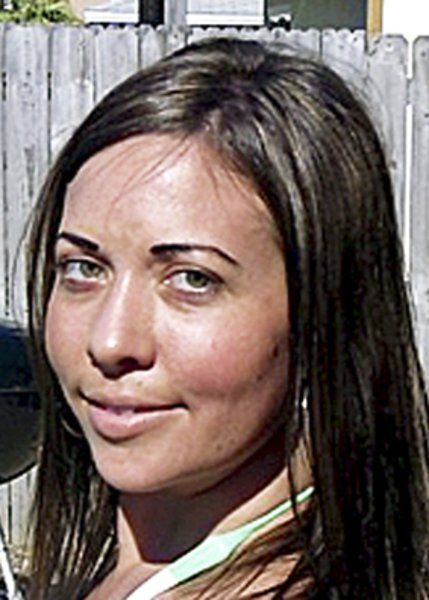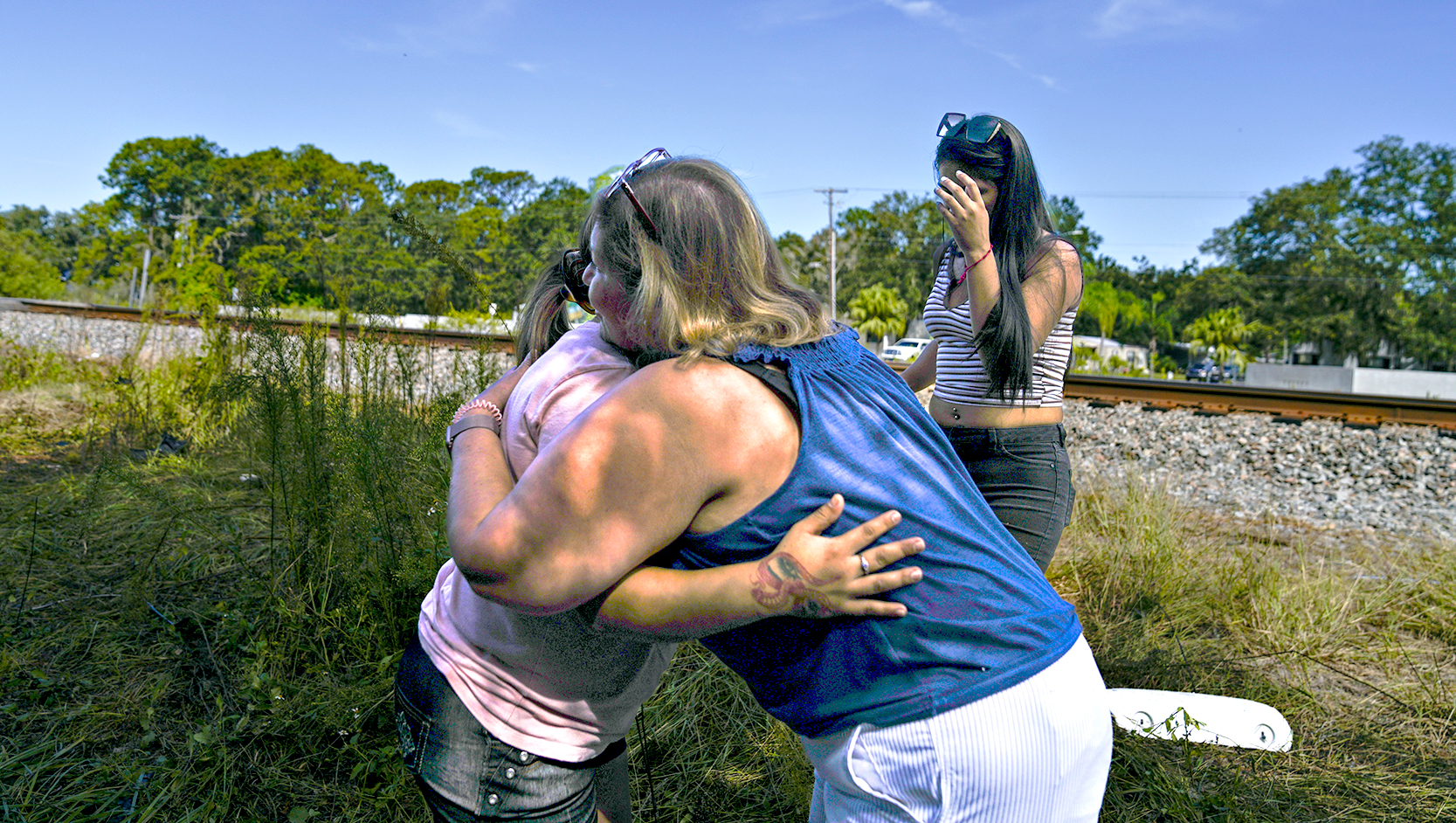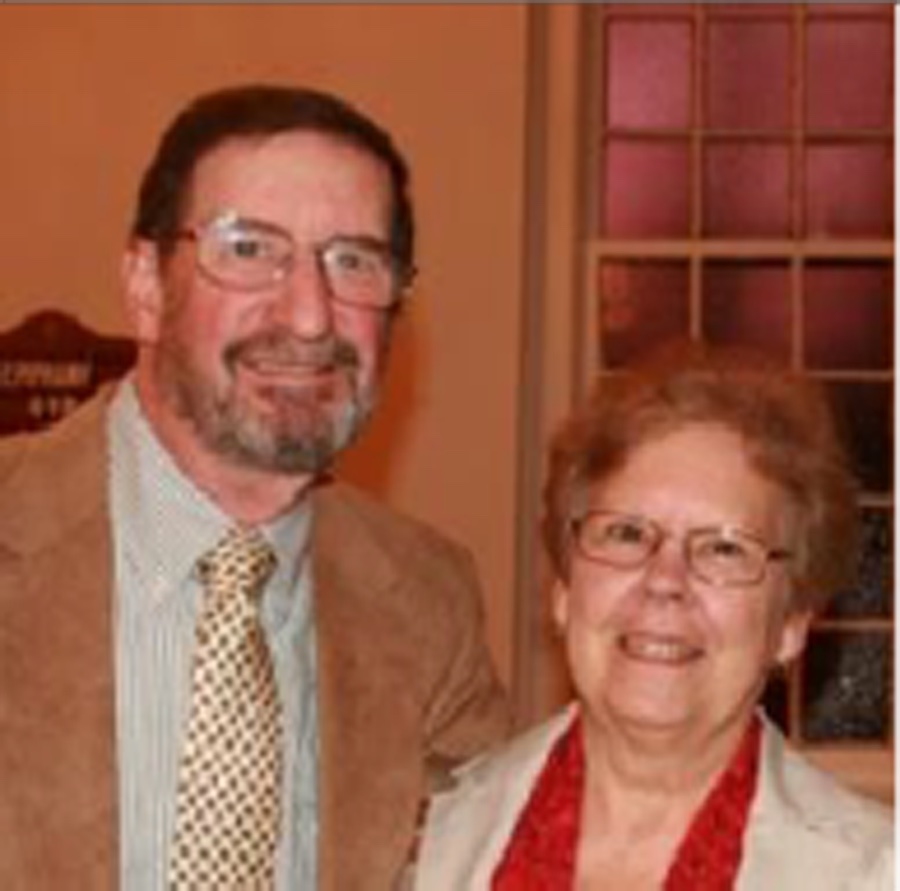Making music, making a life
Published 3:00 pm Monday, November 11, 2013

- Jared ‘Hank’ Hall playing a show in Clovis, New Mexico.
Growing up, Jared Hall remembers his father, Charles, playing one artist over and over in the house.
“Since I’ve started playing, I’ve found out I have some relatives who played fiddle … but I never knew of anyone in the family who played growing up. All I remember growing up is my dad being really into Bob Dylan. That’s what we heard around the house all the time.”
He remembers the album “Desire” particularly, especially the song “The Hurricane,” but beyond that and listening to some old country station in the car, that’s about all of the music Hall knew in childhood.
He didn’t get into music for himself until a friend, Andy Conerley, asked him to play bass for a band he was putting together called Seymour.
“I remember when I first had that bass and I was playing, the simplest things were so hard. I had no sense to rhythm; I had never played music before. But I would sit in my room for hours playing along to songs trying to establish that rhythm. Somewhere along the line it got a little easier.”
Along with Clint Birchmore, they played mostly pop punk, practicing and performing in a couple of high school talent shows.
At some point, he and Birchmore got together with Steven Terry to form the band Argyle.
“We’d practice three times a week and when we weren’t practicing, I’d be over at the drummer’s house playing.”
They’d play shows in Drexel Park, paying the city $25 to have electricity at the park. They’d put on shows there and at Vito’s Pizzeria.
“Through that, I met a lot of people who play music in Valdosta I hadn’t met before.”
Two of those people, Dustin Otey and Matt Newsom, would end up being a big part of Hall’s musical career as the three of them formed the band Knock Galley West.
And like all of his bands, this one started when Hall decided to buy a stand-up bass.
“Honestly, I don’t know what hit me to say I’m going to buy a stand-up bass. But I did.”
He and Otey started writing country songs in the older vein, with Newsom coming on board as a drummer.
Their angle was to keep that old-school country sound, but when Otey switched to an electric guitar, their sound ricocheted off into a kind of surf western punk sound that was thematically tuned to old Sergio Leone movies, with tales of outlaws, desperadoes and murder ballads.
“I honestly have no idea where that train ride came from, but that’s what we rode until the end.”
After their first five-song EP, their writing shifted to include, improbably, zombie themes, with their first full-length album titled “The Quick and the Undead,” featuring songs like “Zombies of the Night” and “Undead West.”
“We were all kind of obsessed with Halloween, the holiday and the décor. It was one of those things that just happened. It was a lot of fun to make, very theatrical.”
Off the strength of their live shows and their first album and a half, Hall and the band put together a tour.
“I’ve really got to give credit to Ninja Gun. After seeing them tour and talking to some other bands, (we found) it’s not that hard. It’s very easy to tour if you know what you’re doing. It’s not some unobtainable thing. You just have to be calculated in what you’re doing and have a lot of discipline.”
They made a lot of calls and sent a lot of emails, mapping out a two-week East Coast tour, from Valdosta to New York, in the summer of 2007.
“It was a blast. Just a lot of fun.”
With Hall and Newsom graduating from Valdosta State University at the end of 2007, they mapped out a bigger, more ambitious tour for the winter of 2008, out to California, up to Washington, over to New York.
“We went everywhere we wanted to go. We tried to take planned days off to do a little sightseeing. It’s fun, but there’s a lot of nights sleeping in a Wal-Mart parking lot. We made it back safe and thank the Lord we did. I’m not sure how we did it.”
They went out on a few more tours, but as Hall puts it, life starts to catch up with you.
“Being on the road is hard. It’s hard on your personal life, hard financially. You’re making enough (money) to eat and get gas. If you break even, you’ve done a great job.”
Each day, they plowed through four to eight hours of driving, and then sitting around at the venue they were playing that night, waiting to go on.
“There’s not a whole lot of glory in getting to a bar at five o’clock and the show doesn’t start until 10. I think a lot of people have preconceived notions of touring. There’s a lot of down time and a lot of time to think.”
To give you an idea of their lives on the road, here’s a story from the last night of the last tour. After playing the last booked show, the guys, tired of being on the road and away from home, decided to drive back to Valdosta that night. A couple of hours into the eight-hour drive, their van broke down. They got it hauled to the nearest hotel for the night, but were turned away. The tow-truck driver kindly offered to take them further to Sears, about the only chance they’d have on the next day, a Sunday, to get any work done.
The next day when Sears couldn’t figure out what was wrong, they ended up renting a U-haul and towing the van home, spending all of the money they had earned on the tour, getting home to discover that the fuel pump needed replacing.
“I think when you get a little bit older, your priorities start to change. They shift from when you were young.”
Exhausted from the road, and with Newsom leaving for school, the band amicably broke up.
After a few months, Hall missed the playing and the writing.
“I like to get my emotions out that way or to be creative that way. It’s good to express an idea you have or express something you’re really feeling.”
He played around with a few different ideas, but found himself more and more attracted to the idea of stripping his sound down to the roots.
“You get back to that folk music and storytelling. I worked my way back to it for whatever reason.”
He started working on his singing and his guitar playing, gearing both towards a solo effort, one based on country music that utilized a deeper, sonorous voice, like Buddy Holly slowed down half a set and dropped a couple of octaves.
“It seemed very natural to me that that’s what I needed to be doing and that’s what I wanted to do, getting back in touch with being from the South. You get to the point where you have to embrace who you are as a person.”
Inspired by a couple of uncles named Hank, Hall bent his middle name, Henry, just a bit to find a moniker for his country work.
He ended up bringing Newsom into it, who had ended up not leaving for school yet. They went on tour a few times, but now with Newsom back in school, Hall has more or less stopped touring, though he’s still playing local shows and making new music.
He’s made a few stripped-down albums, channeling the sounds of older country music along similar lines of Hank Williams Sr., or Johnny Cash. In his latest album, “I’ve Heard This Story…,” he aims for more of a full band sound, to the point where he plays along with a full band, The Heartaches, with Otey coming back to play bass.
As for his solo stuff, Hall finds himself attracted to playing slow songs.
“I’ve been wanting to play a lot more slow songs on the acoustic. There’s something about, if you can caress a song and really give it some meaning, to really power through. A lot of times, people won’t pay attention to a slow song, but sometimes, if you can catch somebody on a slow song that means something, in my opinion, then you’ve really done something. If you can quiet a room with a slow song, then that’s one of the best feelings, for me. And it’s happened maybe one time.”
To find music from Hank Hall, check out his band camp page, hankhall.bandcamp.com





